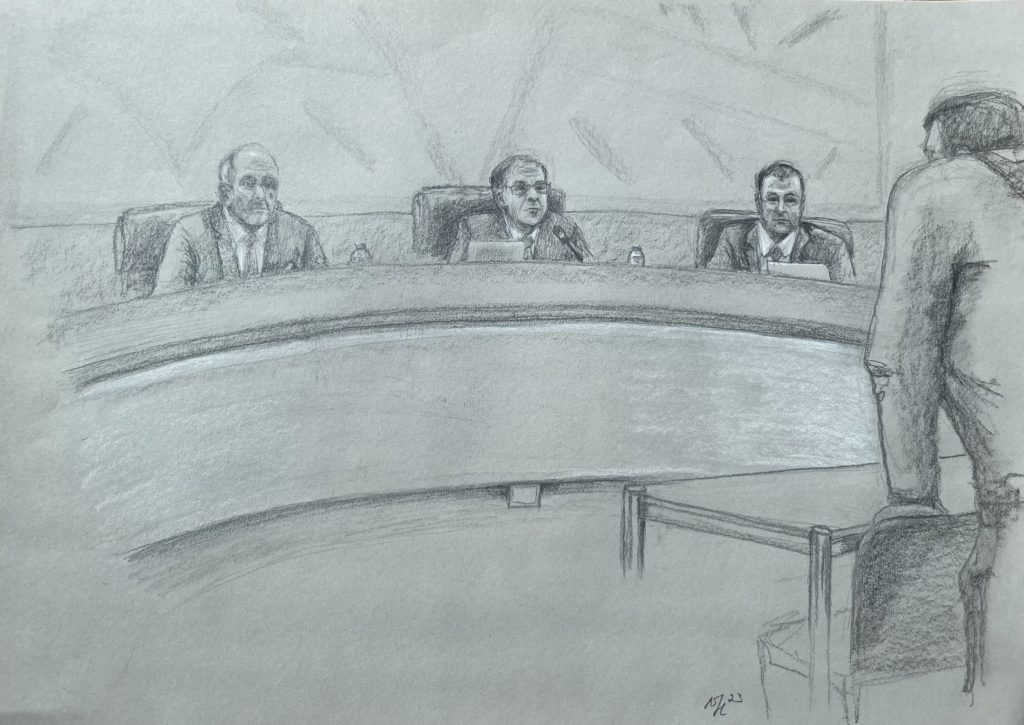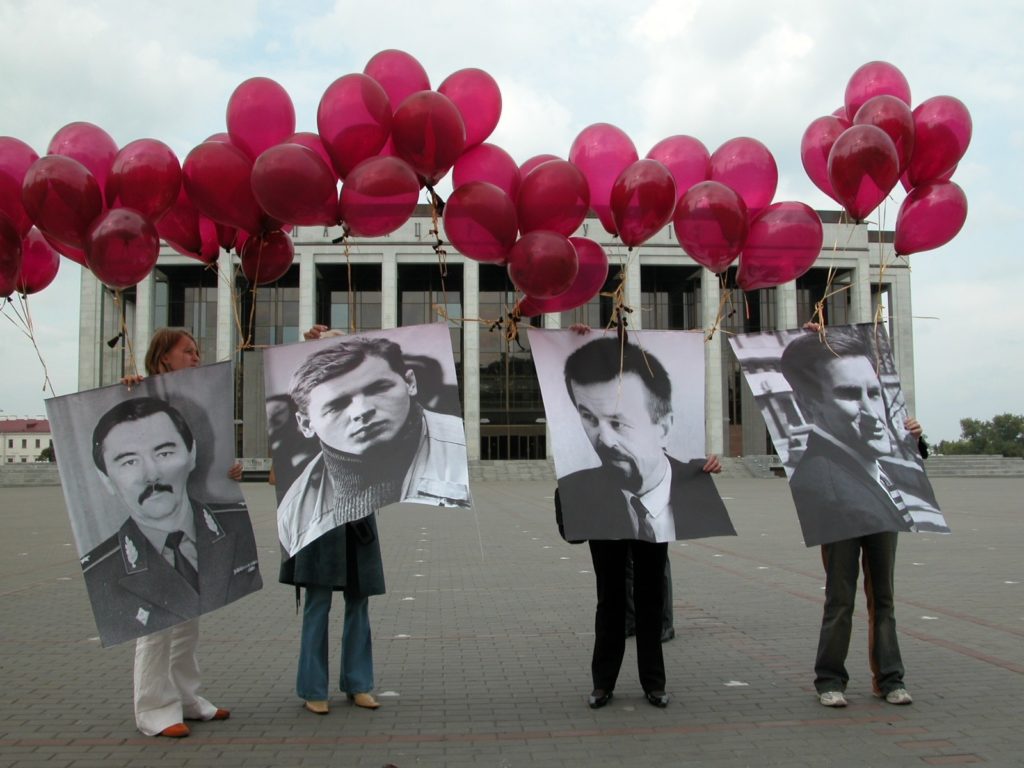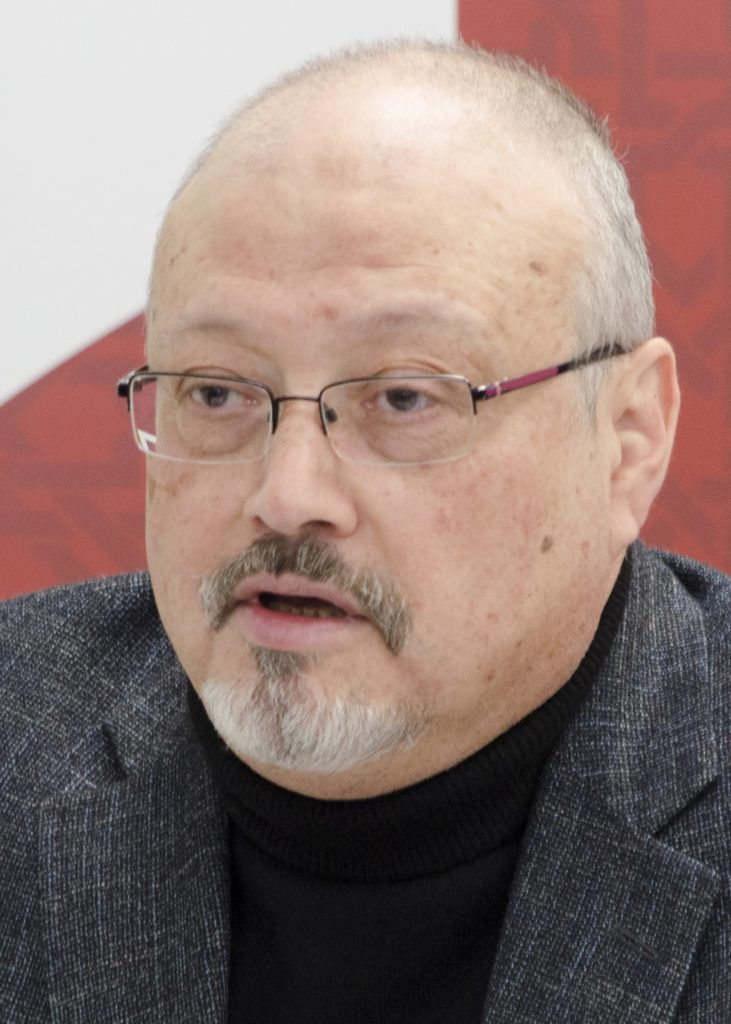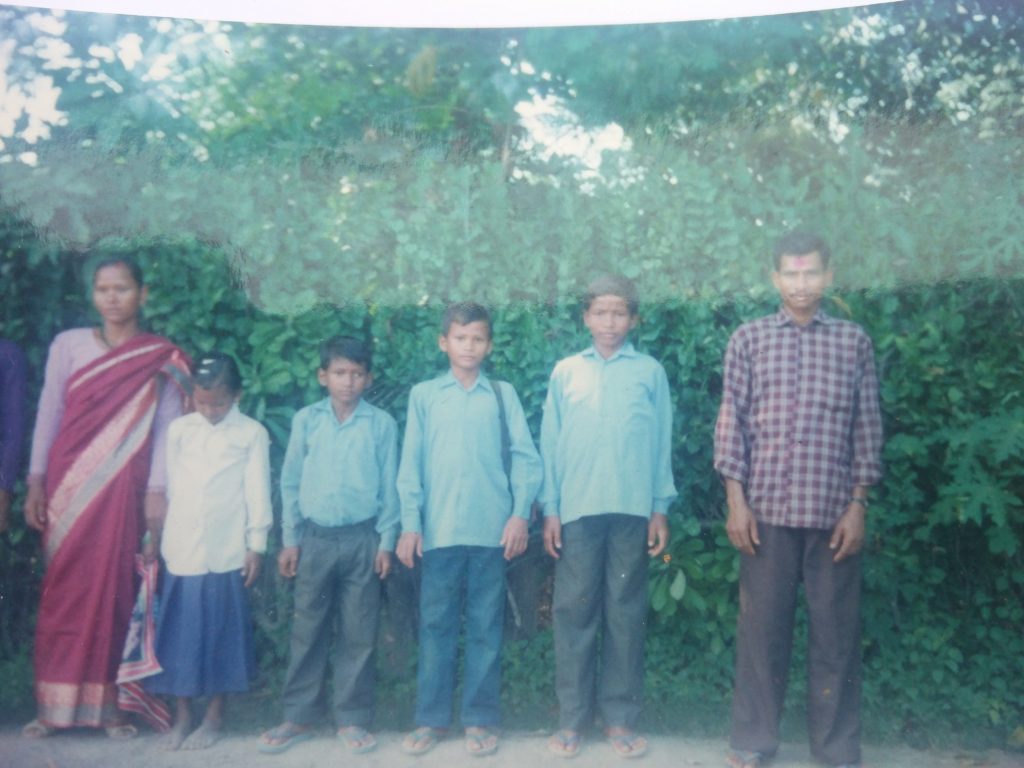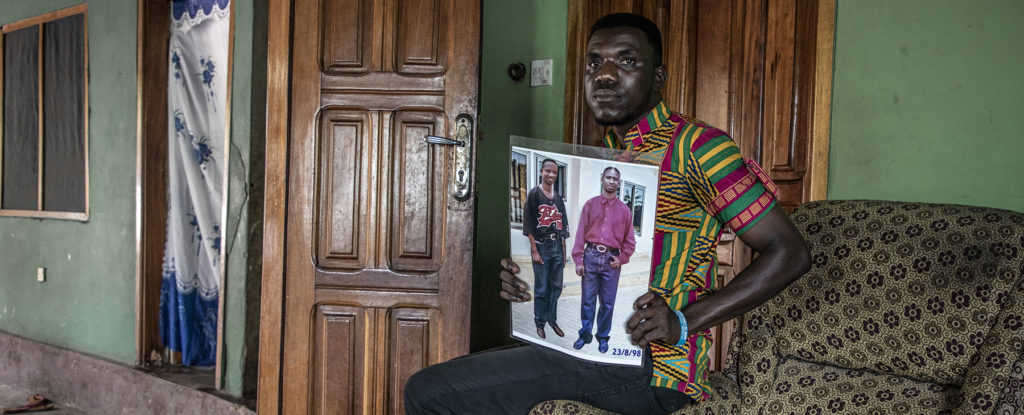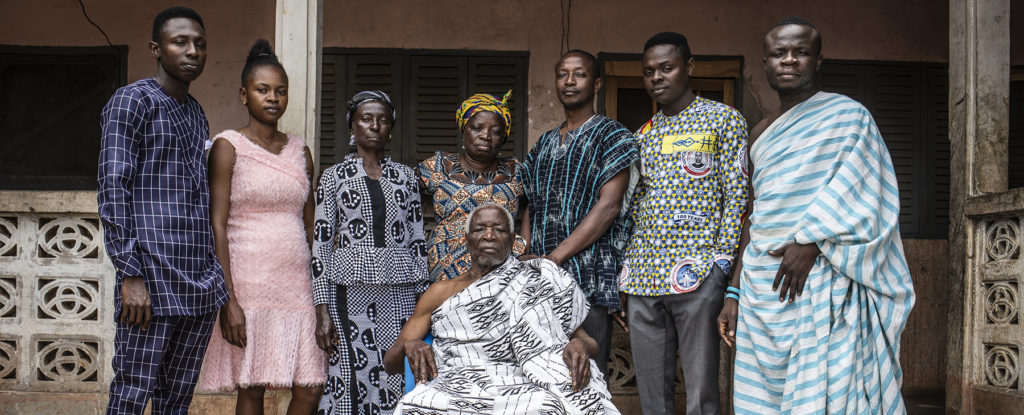Enforced disappearance of Fikret Prutina in June 1992
In July 2009, TRIAL submitted a communication to the United Nations Human Rights Committee concerning the enforced disappearance of Fikret Prutina, which occurred in June 1992. TRIAL acts on behalf of Fatima Prutina, wife of the disappeared and member of the Association of Relatives of Missing Persons from Vogosca, Bosnia and Herzegovina (BiH).
On 4 May 1992, Fikret Prutina was arrested in Svrake (BiH) by the Serb army together with his wife and their sons Asmir (mentally disabled, then 16 years old) and Hasib (then 18 years old) and most of the inhabitants of the same village. They were all taken to a concentration camp known as Kasarna JNA in Semizovac. A few days later, Fatima Prutina, together with her son Asmir and other women and children, were freed. Fikret Prutina and his other son Hasib were kept prisoners and transferred to different concentration camps, where they were subjected to torture and forced labour. Fikret Prutina was last seen on 16 June 1992 in the concentration camp known as Planjina kuca, located in the municipality of Vogosca. His fate and whereabouts remain unknown since then. Hasib Prutina, who eye-witnessed all the mentioned events, was freed from the concentration camp one month later. To date, he suffers from severe post-traumatic stress due to the brutality he has been subjected to, as well as to the horrifying facts, including the ill-treatment and disappearance of his own father, he was forced to assist.
More than 17 years after the events, no serious investigation has yet been undertaken by BiH authorities in order to locate Mr. Prutina or his remains or to identify, prosecute and sanction those responsible. Mrs. Prutina has taken several steps to obtain information about her husband, through the police of Visoko and Vogosca, the State Commission for Tracing Missing Persons, the Sarajevo Cantonal Prosecutor’s Office, and the Red Cross Society of BiH. These initiatives have proved vain.
On 23 February 2006, the Constitutional Court of BiH, seized by several families of victims of Vogosca, declared a violation by BiH of the right not to be subjected to torture and inhuman and degrading treatment and the right to respect for private and family life of the relatives of disappeared persons. Accordingly, the Court ordered the relevant domestic institutions to disclose all available information on the fate and whereabouts of the disappeared people. On 16 November 2006, the Constitutional Court adopted another ruling, where it declared that the Council of Ministers of BiH, the government of the Republika Srpska, the government of the Federation of BiH and the government of the Brčko District of had failed to enforce its previous decision.
Since then, Mrs. Prutina has not received any information about her husband from the mentioned institutions.
Consequently, Fatima Prutina requests the Human Rights Committee:
to find that her husband, Fikret Prutina, is a victim of a violation of Article 2.3 (right to a remedy) in conjunction with Articles 6 (right to life), 7 (prohibition of torture and inhuman and degrading treatment), 9 (right to liberty and security of person), 10 (right to be treated with humanity and with respect for the inherent dignity of the human person) and 16 (right to be recognized as a person before the law) of theInternational Covenant on Civil and Political Rights, due to his enforced disappearance and to the failure of BiH authorities to conduct a prompt, impartial, independent and thorough investigation on his ill-treatment and enforced disappearance and to identify those responsible and to prosecute, judge and sanction them;
to find that she and her sons Asmir and Hasib are victims of a violation by BiH of Article 2.3 (right to a remedy) in conjunction with Article 7 (prohibition of torture and inhuman and degrading treatment) of the Covenant, because of the severe mental distress and anguish caused by the enforced disappearance of Mr. Prutina and the ongoing lack of information about the fate and whereabouts of the latter and the investigations carried out by BiH authorities;
to request BiH to order independent investigations as a matter of urgency with a view to locating Mr. Prutina and, if necessary, exhuming, identifying, respecting and returning his mortal remains;
to request BiH to bring the perpetrators of the arbitrary arrest, ill-treatment and enforced disappearance of Mr. Prutina before the competent civil authorities for prosecution, judgment and sanction without any further delay; and
to request BiH to ensure that Mrs. Prutina and her sons Hasib and Asmir obtain integral reparation and prompt, fair and adequate compensation for the harm suffered.
The General Context
It is estimated that between 100,000 and 200,000 persons died as a consequence of the conflict (1992-1995) in BiH and that between 25,000 and 30,000 were victims of enforced disappearance. Approximately 13,000 people remain disappeared to date.
The case of Fikret Prutina occurred in the context of a first wave of enforced disappearances and “ethnic cleansing” operations perpetrated by the Serb army in the spring and summer of 1992.
Notwithstanding the existence of strong evidences on the identity of those responsible for the enforced disappearance of Mr. Prutina and eye-witnesses of the events, to date no one has been convicted, prosecuted and sanctioned for the alleged crimes, thus fostering an overall climate of impunity. Up to this day, the families of men disappeared in Vogosca still have not received any information on the fate and whereabouts of their loved ones.
The decision
In March 2013, the Human Rights Committee communicated its decision (called “views” in the UN language). The Committee held that Bosnia-Herzegovina violated Article 2.3 in conjunction with Article 6, 7 and 9 of the International Covenant on Civil and Political Rights with regards to the author and her disappeared husband.
The Committee requested Bosnia-Herzegovina to continue the efforts to establish the fate and whereabouts of Fikret Prutina as required by the Missing Persons Act of 2004, to continue the efforts to bring to justice those responsible for his disappearance and to do so by 2015, as required by the National War Crimes Strategy, to abolish the obligation for family members to declare their missing relatives dead to benefit from social allowances and to ensure adequate compensation.
Moreover, the Committee insisted on Bosnia-Herzegovina’s obligation to prevent similar violations in the future and to ensure that investigations into allegations of enforced disappearances be accessible to the missing persons’ families.


